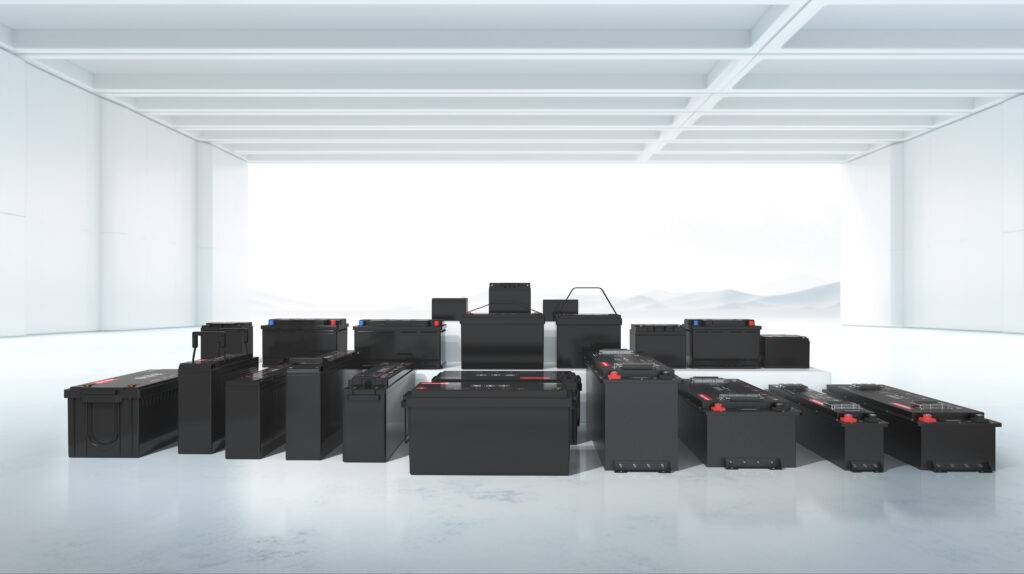Electric vehicles (EVs) have witnessed a phenomenal surge in popularity over the past decade. A major contributor to this revolution is the battery technology powering these vehicles. While there are various battery chemistries available, Lithium Iron Phosphate (LiFePO4 or LFP) has emerged as a preferred choice for many EV enthusiasts and manufacturers. This article explores the reasons behind the growing preference for LFP batteries in electric vehicles.

#post_seo_title
1. Introduction to LiFePO4 Batteries
Lithium Iron Phosphate batteries belong to the lithium-ion family but differ in their cathode material. While standard lithium-ion batteries use a combination of lithium cobalt oxide, LFP batteries utilize iron phosphate. This seemingly minor change in chemistry leads to a variety of advantages.
2. Advantages of LiFePO4 Batteries for EVs
- Safety: One of the most prominent benefits of LFP batteries is their inherent safety. They’re more stable under high temperatures and are less prone to thermal runaway compared to traditional lithium-ion batteries. Their chemistry is also more resistant to volatile reactions if punctured or short-circuited.
- Lifespan: LFP batteries tend to have longer cycle lives than their counterparts. They can handle more charge and discharge cycles before their capacity starts degrading, making them a cost-effective option in the long run.
- Temperature Resilience: LFP batteries have a wider operating temperature range. They can function efficiently in both hotter and colder climates, making them suitable for EVs operating in varied geographic regions.
- Eco-friendliness: The absence of heavy metals like cobalt and nickel in LFP batteries makes them more environmentally friendly. Their production tends to have a lower carbon footprint, and they’re easier to recycle.
- Stable Discharge Voltage: LiFePO4 batteries maintain a consistent voltage output even as they deplete, ensuring the EV performs consistently until the battery requires recharging.
- Lower Cost of Ownership: While the initial cost may sometimes be on par with or higher than other lithium-ion batteries, the longer lifespan and durability of LFP batteries can result in a lower total cost of ownership.
3. Considerations Before Making the Switch
While LFP batteries offer many advantages, they’re not without their challenges:
- Energy Density: LFP batteries generally have a lower energy density compared to other lithium-ion chemistries. This might mean that, for the same energy capacity, an LFP battery could be larger or heavier. However, advancements in technology are steadily narrowing this gap.
- Charge Speed: In some cases, LFP batteries might not charge as quickly as other types. However, with advancements in charging infrastructure and battery design, rapid charging of LFP batteries is becoming more common.
4. Making the Decision
Choosing the right battery for an EV involves assessing the vehicle’s purpose. For daily commutes or city drives, where safety and longevity might be prioritized over range, LFP could be ideal. For long-haul drives or performance-oriented vehicles, where range and charging speed are vital, other chemistries might currently have an edge.
5. Conclusion
Lithium Iron Phosphate batteries present a compelling option for EV owners and manufacturers. With enhanced safety profiles, longer lifespans, and a growing list of associated benefits, it’s no wonder they’re becoming a popular choice. As technology continues to advance, we can expect LFP batteries to further solidify their position in the EV market. Always consider your needs, consult experts, and stay updated on the latest technological advancements when choosing a battery for your electric vehicle.


